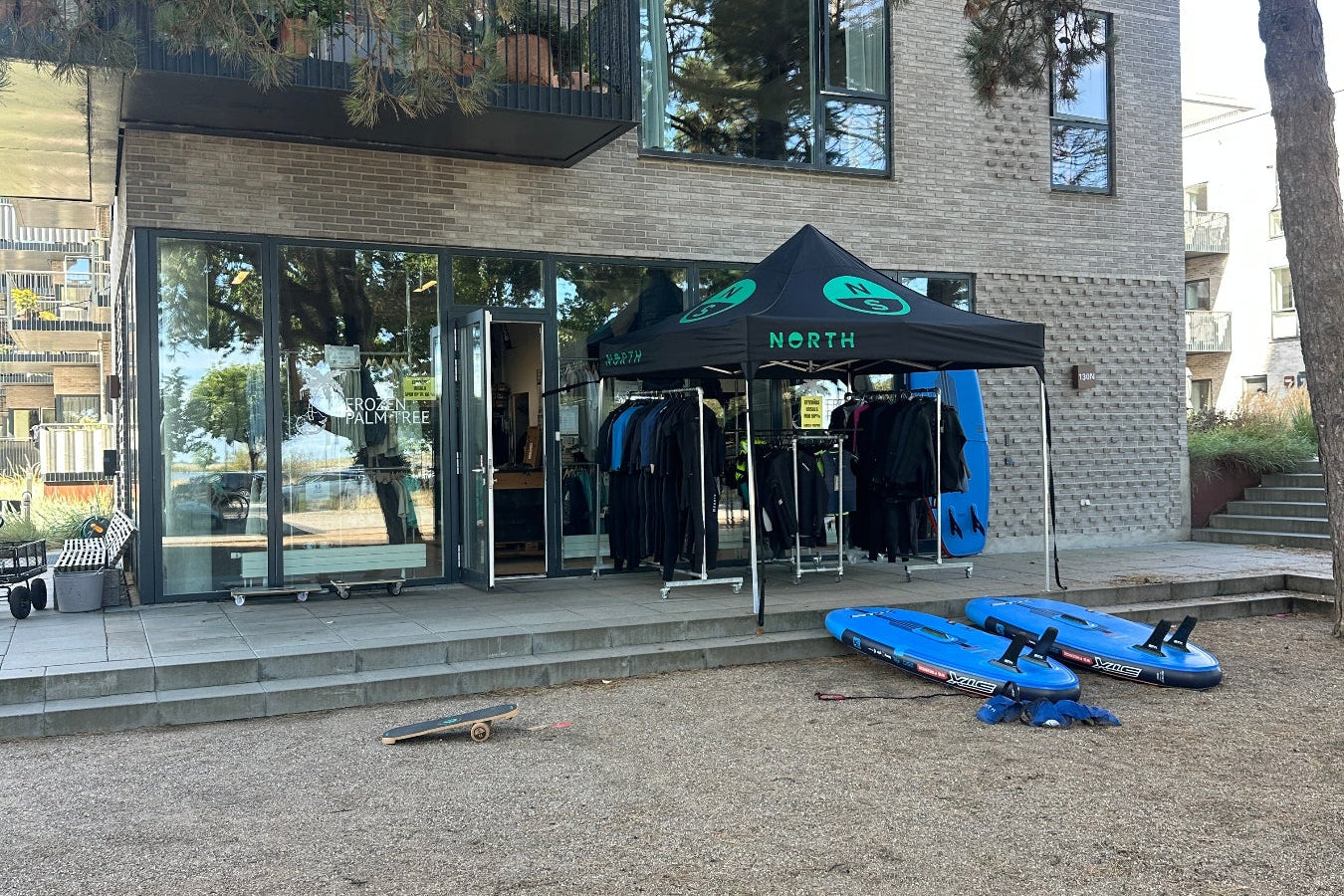Would you like a shirt made of wood or shorts made of plastic bottles? These materials, among other sustainable goods by the metre, can already be found in Lakor's collections.
Lakor is currently undergoing a major restructuring of our production, where they are trying to rethink sustainable materials. Therefore, their future collections will include contain meter goods made from residual products from the fishing industry and plastic material collected by fishing cutters in the world's oceans.

hear
Flax is a natural, sustainable material produced from the flax plant. Linen absorbs moisture twice as well as cotton. At the same time, it is a temperature-regulating material that is very durable and keeps its shape after washing. Thus, Hør is not only sustainable in production, but also in lifetime.

Organic cotton
The material cotton is a natural material that is produced from the cotton plant. The difference between organic cotton and conventional cotton is that no pesticides are used in the production of organic cotton and that less Co2 is emitted.
Conventional cotton is responsible for 15% of total pesticide use worldwide, a fact that can make even the staunchest bug shake its pants. However, it is not only the insects that suffer a grim fate from the use of pesticides. The pesticides also torment the planet and the soil quality of the cotton fields. A chemical-free product is also more pleasant to wear directly against the skin, and these are just a few of the reasons why organic cotton is worth recommending.
Bci cotton
BCI a worldwide organization that educates cotton growers and teaches them methods for a more sustainable and resource-efficient cotton production. BCI works to reduce water and chemical consumption at the same time as increasing the cotton harvest. The farmers are trained in when and how to harvest the cotton in the best way, without contamination such as e.g. seed residues, and with the best cotton length on the fibers. The soil quality is improved by growing sesame and cotton alternately, which also results in the water binding more to the crops. Instead of chemicals, insect traps are used to protect the cotton from pests.

Recycled bottles
Recycled bottles are converted into polyester threads and thus give new life to your water bottle. By recycling plastic bottles, you save the resources it would otherwise have taken to make the polyester meter product from scratch.
Despite its motley reputation, there are many advantages to Polyester. Eg. it is extremely durable and therefore sustainable over time - products with polyester have a long life. Remember to hand in your polyester products to our deposit scheme after use.

Lyocell (Tencel)
Tencel is the trademark for the fiber type Lyocell, which is a material made from eucalyptus trees. This type of tree is fast growing and does not require large amounts of water or pesticides to grow.
The material is light, strong and comfortable. Lyocell absorbs moisture twice as fast as cotton, is breathable and dries quickly. At the same time, it has natural properties that break down bacteria and reduce the smell of sweat.

Seaqual
SEAQUAL™ is a product by the meter which consists of recycled plastic which, among other things, has been collected from fishing boats along the coasts of Europe, and then transformed into textile thread. 'Upcycling the Ocean' is the name of the project which, with its local and global initiatives, helps to remove a ton of waste from the oceans a day. This product by the meter is thus helping to challenge a problem that kills more marine animals than global warming.
Lifetime sustainability
Even if a piece of clothing is made from a sustainable material, many resources are still used to produce the product. It is therefore important how long the lifespan of the products we buy has. It is fine enough that a T-shirt, for example is made of organic cotton, but if it loses its shape after two washes, it is not a sustainable product. The product's lifetime therefore helps to define whether the product is sustainable. Having said that, the material with the smallest climate footprint will of course be preferable if the quality of two meters of goods is the same.





